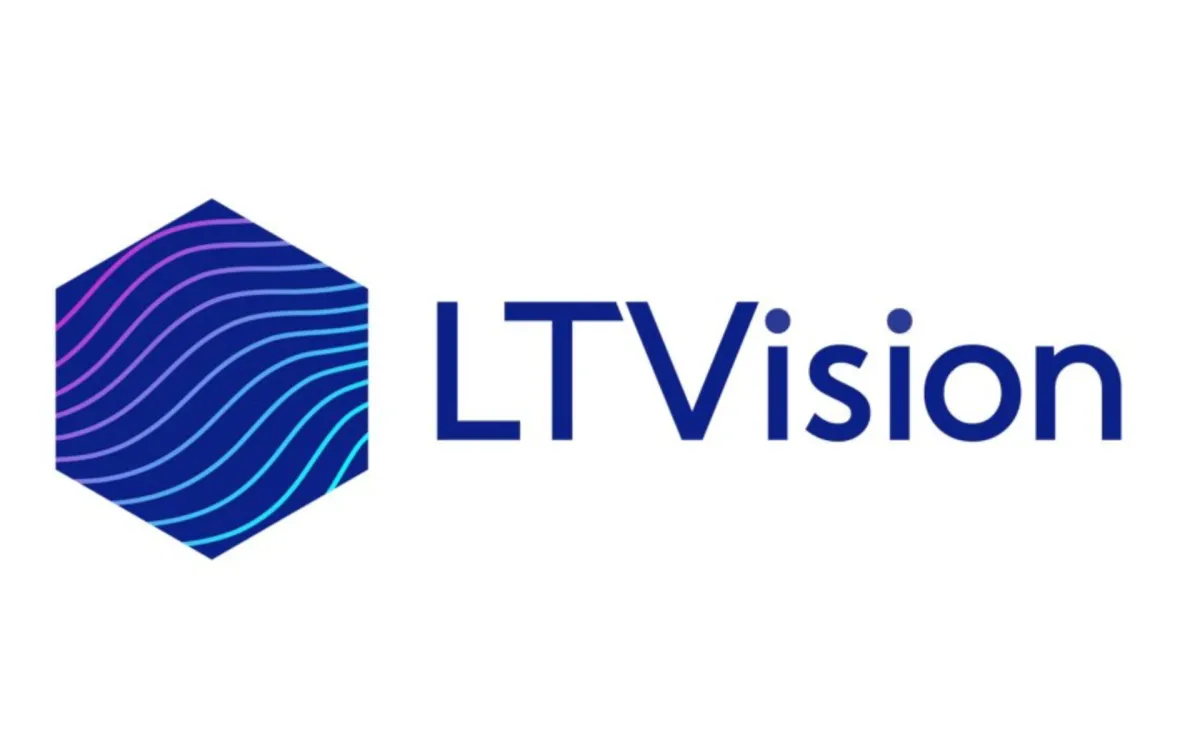
Meta announced the release of LTVision, an open-source Python library for predicted customer lifetime value (pLTV) modeling, on January 3, 2025. This strategic launch follows Google's introduction of Meridian, their open-source Marketing Mix Model, in March 2024.
According to the official documentation, LTVision addresses a fundamental challenge in modern marketing: accurately predicting and acting on customer lifetime value. The library's first release, Module 1, focuses on generating customer insights and estimating potential pLTV opportunity size, enabling businesses to evaluate the potential return on investment from pLTV initiatives.
Eric Seufert, a prominent marketing technology person, notes that Module 1 specifically helps advertisers analyze purchase behaviors of their users to understand how a pLTV-focused user acquisition strategy might augment their ability to deploy marketing budgets. The analyst suggests the library will likely expand over time to support broader pLTV estimation capabilities.
From a technical perspective, LTVision requires Python 3.8.5 or newer, positioning it within the modern data science ecosystem. According to the whitepaper authored by Kai Herzberger, DACH Group Director at Meta, the library builds upon decades of customer lifetime value analysis, which has been central to business decision-making processes for approximately 50 years.
While both LTVision and Google's Meridian aim to enhance marketing measurement capabilities, they serve distinct purposes. LTVision focuses specifically on customer-level value prediction, whereas Meridian, launched nine months earlier, addresses broader marketing mix modeling challenges across channels. Meta's approach emphasizes individual customer value prediction, while Google's solution concentrates on aggregate channel performance measurement.
The whitepaper details LTVision's three primary use cases: customer segmentation, marketing optimization, and strategic planning. Meta emphasizes the library's ability to identify high-value customers early in their lifecycle, enabling more efficient allocation of marketing resources. The documentation cites cases where businesses implementing pLTV strategies have seen significant improvements in customer acquisition efficiency.
For implementation, Meta outlines four key enablers: customer centricity, data and technology infrastructure, analytical resources, and internal alignment. The whitepaper emphasizes that successful implementation requires coordination across multiple business functions, including marketing, finance, and data science teams.
Meta has established a contribution framework, inviting developers, data scientists, academic researchers, and industry experts to participate in the library's development. This open-source approach mirrors Google's strategy with Meridian, suggesting an industry trend toward collaborative development of marketing measurement tools.
The timing of LTVision's release, coming after Meridian's establishment in the market, indicates Meta's strategic focus on customer-level predictions rather than competing directly with Google's channel-level measurement approach. This differentiation provides marketers with complementary tools for addressing distinct aspects of marketing measurement challenges.

